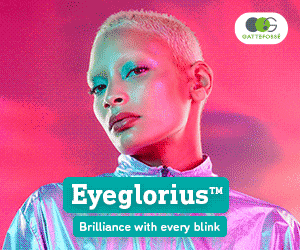Researchers from the University of Toronto Engineering, Canada, have developed a super-stretchy, transparent and self-powering sensor that records skin sensations.
The new artificial ionic skin, or AISkin, is made from two oppositely charged sheets of stretchable hydrogels.
By using two sheets of negatively and positively-charged ions it creates a ‘sensing junction’ on the gel’s surface.
When the material is subjected to strain, humidity or changes in temperature, according to scientists, it generates controlled ion movements, which can be measured as electrical signals.
“If you look at human skin, how we sense heat or pressure, our neural cells transmit information through ions, it’s really not so different from our artificial skin,” said Xinyu Liu, from the University of Toronto.
According to the team, this new technology could be used for skin-like Fitbits or adhesive touchpads.
“It could work for athletes looking to measure the rigour of their training, or could be a wearable touchpad to play games,” added Liu.
The application could also be used for soft robot grippers used in factories to handle delicate objects, including beauty packaging.
“If we further advance this research, this could be something we put on like a ‘smart bandage’,” said Liu.
“Wound healing requires breathability [and] moisture balance; ionic skin feels like the natural next step.”
Over the next year, the team intends to shrink the size of the AISkin sensors using microfabrication and will add bio-sensing capabilities.



